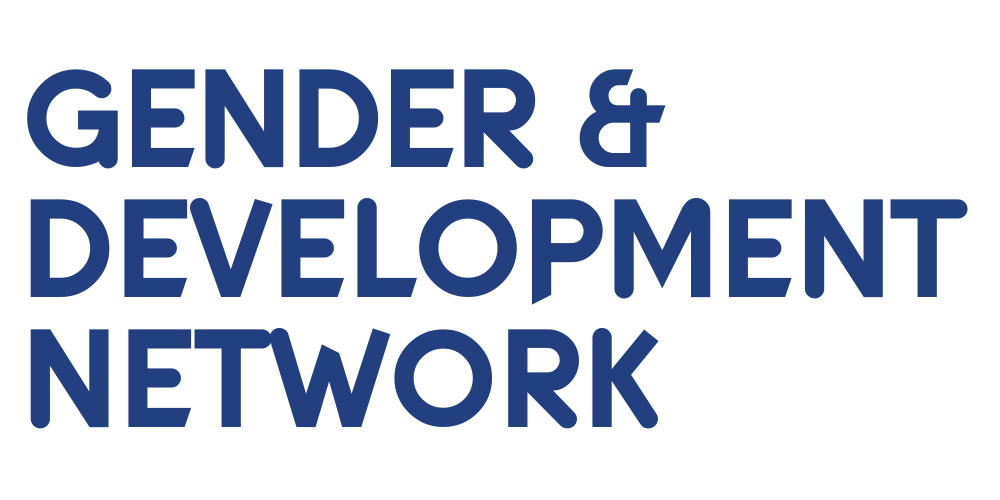December 2023
Briefing: This briefing argues that publicly funded and managed public services and social protection are central to achieving gender equality and women’s rights. It underscores that publicly financed services are more cost-effective, sustainable and equitable despite the growing privatisation trend. It concludes with recommendations from Southern groups for increasing fiscal space.
Read More
